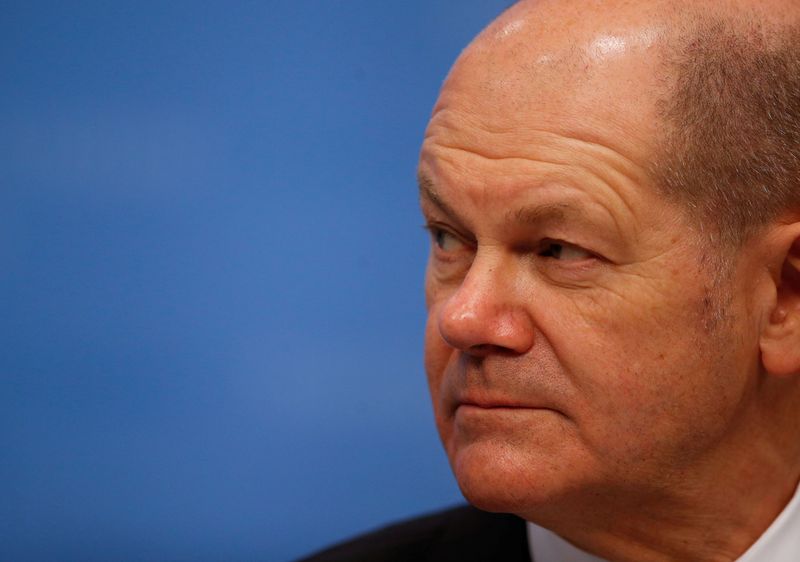© Reuters German Chancellor Supports EU Joint Bond Issue? News is flying across the sky and I will start Tai Chi
Financial Associated Press, 11 October (Malan publisher) On Monday, media reports said German Chancellor Scholz will reverse his stance and support the EU’s joint debt issuance to address the energy crisis. The yield spread between Italy’s 10-year bond and Germany’s 10-year bond narrowed to 225 basis points at one point in the day.
Germany’s spending of € 200 billion to tackle the energy crisis is said to have caused dissatisfaction among EU countries. Many member states have criticized its overly generous spending plan as it will undermine the EU’s balances and aggravate energy shortages in weaker countries.
This outrageous behavior is also one of the reasons why Scholz changed his stance on the common debt.
At an EU summit last week, Scholz offered to use the co-loan to help member states out of trouble, but the request was in the form of loans, not grants, according to people familiar with the question.
But later the same day, a German government source revealed that Germany has no plans to support joint EU bond issuance: “The government is unaware of such a plan.”
Scholz himself avoided answering questions about issuing joint bonds at the EU summit on Friday, but pointed out that there are still parts left in the Covid-19 recovery fund and resources available.
How joint bond issuance is planned According to sources that disclosed the bond issue, the SURE program during the outbreak will provide a blueprint for the new joint bond issue, but the details of the new joint bond issue have not been determined, but it will be less than the 724 billion euros launched in 2020. Covid-19 Recovery Fund.
It would be a dramatic turnaround for Germany to issue a joint bond. Previously, countries like Germany and the Netherlands have insisted against such measures, arguing that they would not help solve the energy shortage, but would instead further aggravate inflation.
But with concerns soaring within the EU and dissatisfaction with other member states over Germany’s € 200 billion help, Germany had to consider the proposal.
So far neither Scholz nor the federal government spokesman has given a clear answer to this point.The government spokesperson said there is still a large amount of funds available or being raised at European level, but the possibility of joint loans. it is not excluded out.
Another person familiar with the matter said Scholz was reluctant to give the green light to the new debt financing as he also had to consider a final ruling by the German Supreme Court on the constitutionality of the coronavirus recovery fund.
German judges suggested in April 2021 that if the measure were one-off, the joint issuance of EU debt to fund subsidies from member states in an emergency could be constitutional.
On the other hand, another reason for Scholz’s caution is uncertainty about Italy’s new right-wing government, according to people familiar with the matter. His new prime minister, Meloni, claimed to be in power with a moderate party, but also said he would adapt Italy’s new recovery plan from the corona epidemic.
Scholz may want to see the Italian government’s plans first and discuss European integration with Meloni before organizing further joint discussions on debt financing.


